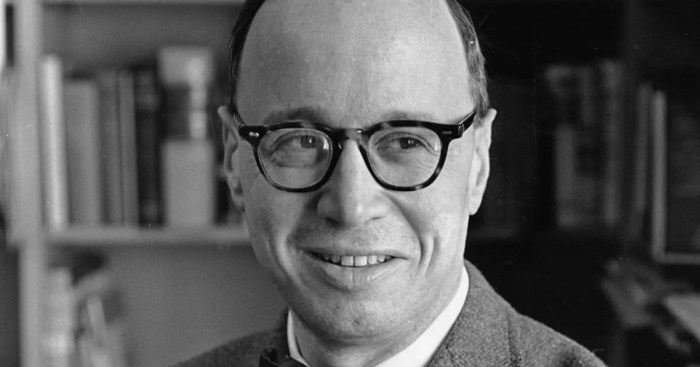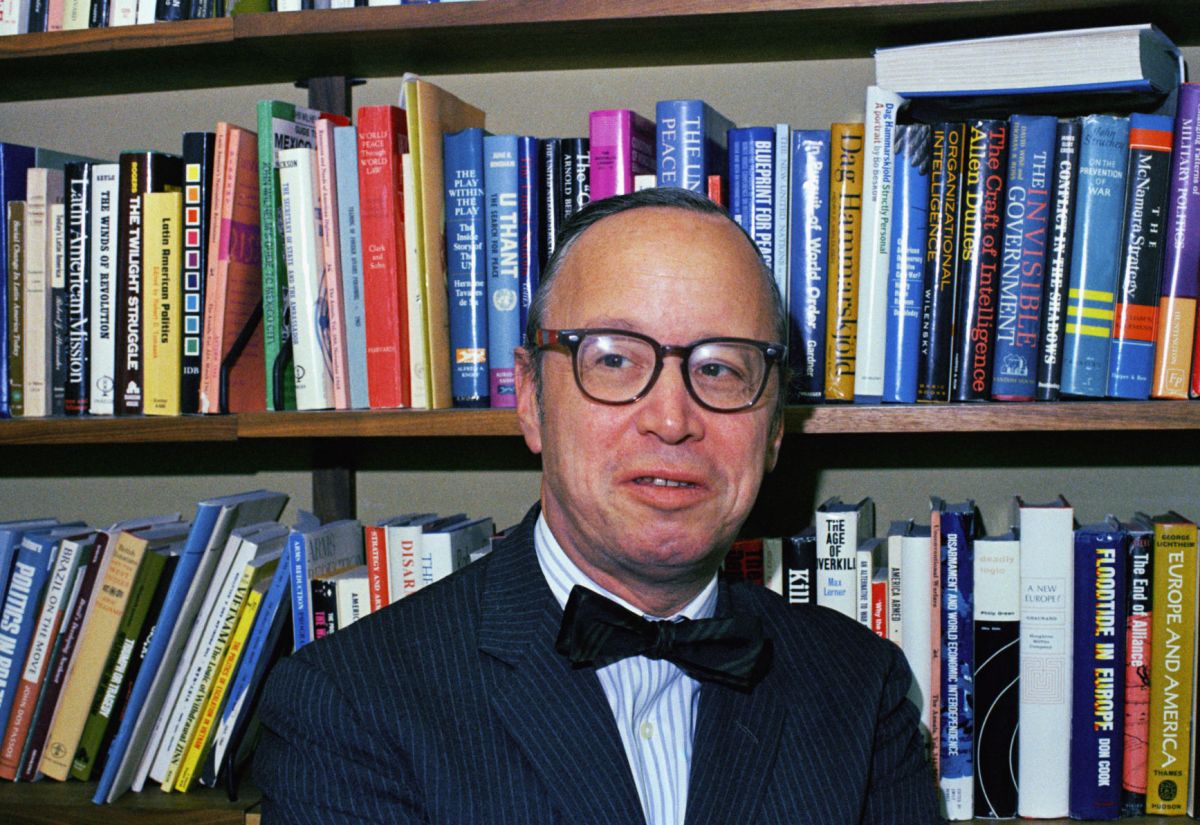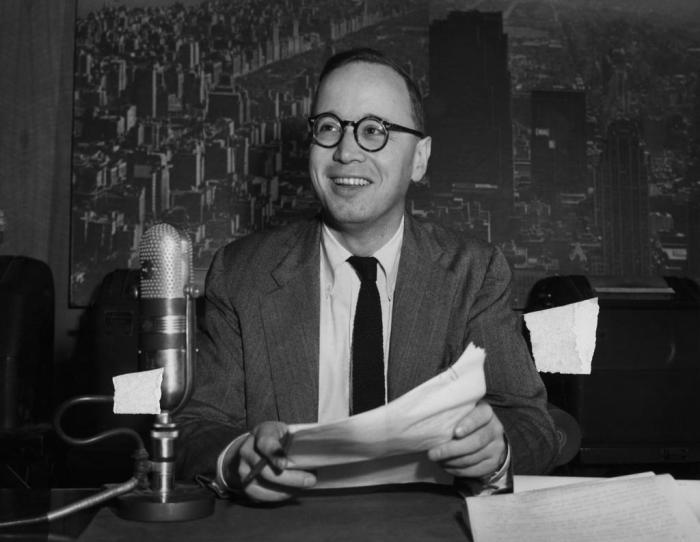Arthur m. schlesinger jr. origins of the cold war – Arthur M. Schlesinger Jr.’s seminal work, “The Origins of the Cold War,” provides a comprehensive analysis of the historical, diplomatic, ideological, and economic factors that led to the protracted conflict between the United States and the Soviet Union. This essay will delve into Schlesinger’s thesis, examine the diplomatic failures and ideological differences that fueled tensions, and explore the role of individuals and alternative perspectives in shaping the origins of the Cold War.
Historical Context
The Cold War was a period of geopolitical tension between the United States and the Soviet Union that began after World War II. The origins of the Cold War are complex and multifaceted, involving a combination of political, economic, and ideological factors.
Following the war, the United States and the Soviet Union emerged as the world’s two superpowers. The United States, with its capitalist economy and democratic political system, stood in stark contrast to the Soviet Union, which had adopted a communist economic system and a totalitarian political regime.
Political Factors
- The United States and the Soviet Union had competing visions for the postwar world order. The United States sought to promote democracy and capitalism, while the Soviet Union aimed to spread communism.
- The United States was concerned about the Soviet Union’s expansionism in Eastern Europe and its support for communist movements around the world.
Economic Factors
- The United States and the Soviet Union had different economic systems. The United States had a capitalist economy, while the Soviet Union had a communist economy.
- The United States was concerned about the Soviet Union’s economic recovery and its potential to challenge American economic dominance.
Ideological Factors
- The United States and the Soviet Union had different ideologies. The United States was a liberal democracy, while the Soviet Union was a communist dictatorship.
- The United States was concerned about the spread of communism and its potential threat to American values and institutions.
Arthur M. Schlesinger Jr.’s Thesis: Arthur M. Schlesinger Jr. Origins Of The Cold War
Arthur M. Schlesinger Jr. was an American historian who wrote extensively about the Cold War. In his book “The Origins of the Cold War,” Schlesinger argued that the Cold War was primarily caused by the Soviet Union’s aggressive and expansionist policies.
Schlesinger argued that the Soviet Union was determined to spread communism throughout the world and that the United States was justified in resisting Soviet aggression.
Key Points of “The Origins of the Cold War”
- The Soviet Union was the primary aggressor in the Cold War.
- The United States was justified in resisting Soviet aggression.
- The Cold War was a necessary conflict to protect American values and institutions.
Diplomatic Failures

A number of diplomatic failures contributed to the escalation of tensions between the United States and the Soviet Union.
Yalta Conference
The Yalta Conference was held in February 1945, near the end of World War II. At the conference, the leaders of the United States, the Soviet Union, and the United Kingdom agreed to divide Germany into four zones of occupation.
The Yalta Conference was a failure because it did not resolve the issue of Poland’s postwar status. The Soviet Union insisted on installing a communist government in Poland, while the United States and the United Kingdom wanted Poland to have a free and democratic government.
Potsdam Conference
The Potsdam Conference was held in July 1945, after the end of World War II. At the conference, the leaders of the United States, the Soviet Union, and the United Kingdom agreed to establish a Council of Foreign Ministers to oversee the postwar settlement.
The Potsdam Conference was a failure because it did not resolve the issue of Germany’s postwar status. The Soviet Union insisted on annexing eastern Germany, while the United States and the United Kingdom wanted Germany to remain unified.
Ideological Differences

The ideological differences between the United States and the Soviet Union were a major factor in the Cold War.
Capitalism vs. Communism
The United States was a capitalist country, while the Soviet Union was a communist country. Capitalism is based on private ownership of property and free markets, while communism is based on government ownership of property and a centrally planned economy.
Democracy vs. Dictatorship, Arthur m. schlesinger jr. origins of the cold war
The United States was a democracy, while the Soviet Union was a dictatorship. In a democracy, the people elect their leaders. In a dictatorship, the government is controlled by a single person or a small group of people.
These ideological differences led to a deep distrust between the United States and the Soviet Union.
Economic Factors
Economic factors also played a role in the Cold War.
Marshall Plan
The Marshall Plan was a U.S. program to provide economic aid to Western Europe after World War II. The Marshall Plan was designed to help Europe rebuild its economy and prevent the spread of communism.
Truman Doctrine
The Truman Doctrine was a U.S. policy to provide economic and military aid to countries that were threatened by communism. The Truman Doctrine was designed to contain the spread of communism and to protect American interests.
These economic policies helped to create a divide between the United States and the Soviet Union.
Military Developments

Military developments also contributed to the Cold War.
Nuclear Weapons
The development of nuclear weapons by the United States in 1945 gave the United States a significant military advantage over the Soviet Union. The Soviet Union developed its own nuclear weapons in 1949, and the two countries entered into a nuclear arms race.
Arms Race
The arms race was a competition between the United States and the Soviet Union to build up their nuclear arsenals. The arms race created a climate of fear and distrust between the two countries.
These military developments helped to escalate the Cold War.
The Role of Individuals
Individuals also played a role in the origins of the Cold War.
Harry Truman
Harry Truman was the President of the United States from 1945 to 1953. Truman was a strong anti-communist and he led the United States into the Cold War.
Joseph Stalin
Joseph Stalin was the leader of the Soviet Union from 1924 to 1953. Stalin was a paranoid and ruthless dictator who was determined to spread communism throughout the world.
Winston Churchill
Winston Churchill was the Prime Minister of the United Kingdom from 1940 to 1945 and again from 1951 to 1955. Churchill was a strong anti-communist and he played a key role in the development of the Cold War.
These individuals played a major role in shaping the course of the Cold War.
Alternative Perspectives
There are a number of alternative perspectives on the origins of the Cold War.
Revisionist Perspective
The revisionist perspective argues that the United States was primarily responsible for the Cold War. Revisionist historians argue that the United States was too aggressive in its containment policy and that it provoked the Soviet Union into a defensive posture.
Post-Revisionist Perspective
The post-revisionist perspective argues that both the United States and the Soviet Union were responsible for the Cold War. Post-revisionist historians argue that the United States was justified in resisting Soviet aggression, but that it could have done so in a less confrontational manner.
These alternative perspectives provide a more nuanced understanding of the origins of the Cold War.
Query Resolution
What was Arthur M. Schlesinger Jr.’s main argument about the origins of the Cold War?
Schlesinger argued that the Cold War was primarily caused by Soviet expansionism and the United States’ determination to contain it.
What were the key diplomatic failures that contributed to the escalation of tensions between the US and USSR?
Schlesinger identified the Yalta and Potsdam conferences as major diplomatic failures that failed to resolve fundamental disagreements between the two superpowers.
How did ideological differences shape the foreign policies of the US and USSR?
The United States’ commitment to liberal democracy and capitalism clashed with the Soviet Union’s embrace of communism and authoritarianism, leading to mutual suspicion and hostility.